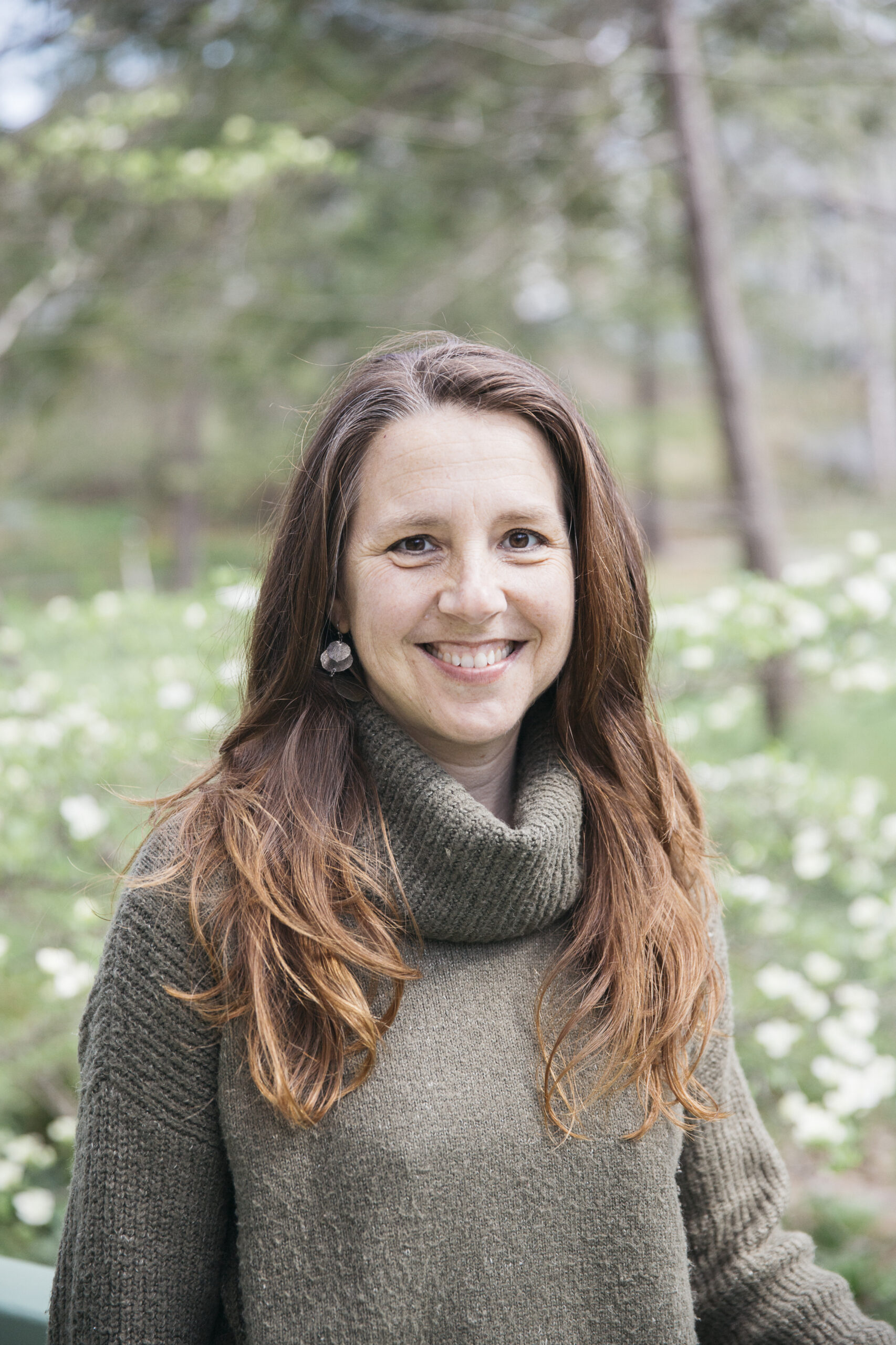Sharing 20+ years of experience
facilitating people in the processes of
LEARNING
COLLABORATNG
& HEALING
People hire Ashley to
Train teachers, parents, children, and other supportive adults in trauma informed strategies for self-regulation, stress relief, and relaxation
Facilitate community engagement and meaningful conversations
Design and convene learning experiences
Foster a more equitable, compassionate, and collaborative culture
Clients are schools, nonprofits, municipalities, businesses, philanthropic foundations, individuals, and grassroots initiatives (see examples of past work). These are determined individuals, mission-driven organizations, and groups that are ready for support to move forward intentionally and in connected, inclusive ways.
Offerings and Services

Training Adults and Children in Self-Regulation Skills
Trauma informed ways to tend to a healthy nervous system.
- Simple movement and breathing practices that are supportive for adults and children of all ages
- Training for adults – School staff, parents and families, after-school providers, counselors and therapists, other supportive adults
- Classroom instruction – Guiding students through 17 lessons and supporting teachers to find ways to integrate the practices into daily routines
- Family activity sessions – Learning together through stories and simple, playful experiential activities
Program/Initiative Evaluation
- What did we intend to do? What are we doing? How is it going? What are we learning? Now what?
- What is having a valuable impact? What obstacles are inhibiting positive movement? What outcomes are emerging from the efforts?
- What to continue? What to adapt? What to stop doing?
The methodologies and data points for evaluation center the learning priorities for those involved in implementing the program or initiative. Data generated through these processes can also be of value for funders and other relevant parties. People’s direct experiences inform the data and the people connected to the matter make sense of the data shared.
Collaboration and Team Dynamics
Because we are better together.
- Strengthening collaborative and co-creative skills within groups and teams.
- Facilitating community-wide or multi-stakeholder conversations and experiences.
- Growing muscles to move forward in caring, courageous, efficient, and collaborative ways.
Designing and Facilitating Learning Environments
Learning can magical. People learning together is powerful.
Community-Guided Consulting and Facilitation
The people who are impacted by a project, initiative, or decision are intentionally engaged to discern, understand, imagine, or implement strategic interventions or intentional paths forward. The perspectives, insights, strategies, and existing relationships of people central to the matter are the expertise drawn upon to clarify the direction and approach. Ashley (and other supportive, accountability partners) offer strategic direction, thought partnership, facilitation, and project management support. The approach is shaped by formal training and direct experiences with groups and communities of many sizes and compositions, groups that are learning and moving forward together.
Trust-Based Philanthropy
- Some people have access to finances that are beyond personal/familial needs and desires and thus are able to invest in individuals and initiatives that are at the frontlines of enhancing more wellbeing in the communities they all live in.
- There are brilliant and creative people with direct knowledge, coherent strategies, cultural investment, and the personal relationships necessary to address existing community challenges.
- People can be trusted to use resources in ways that serve collaboration, healing, and community wellbeing.
Facilitating processes and connections between donors and grassroots initiatives led by local leaders. Communicating the opportunities and advantages of trust-based giving and initiatives that promote self-governance and financial decision-making autonomy with accountability.